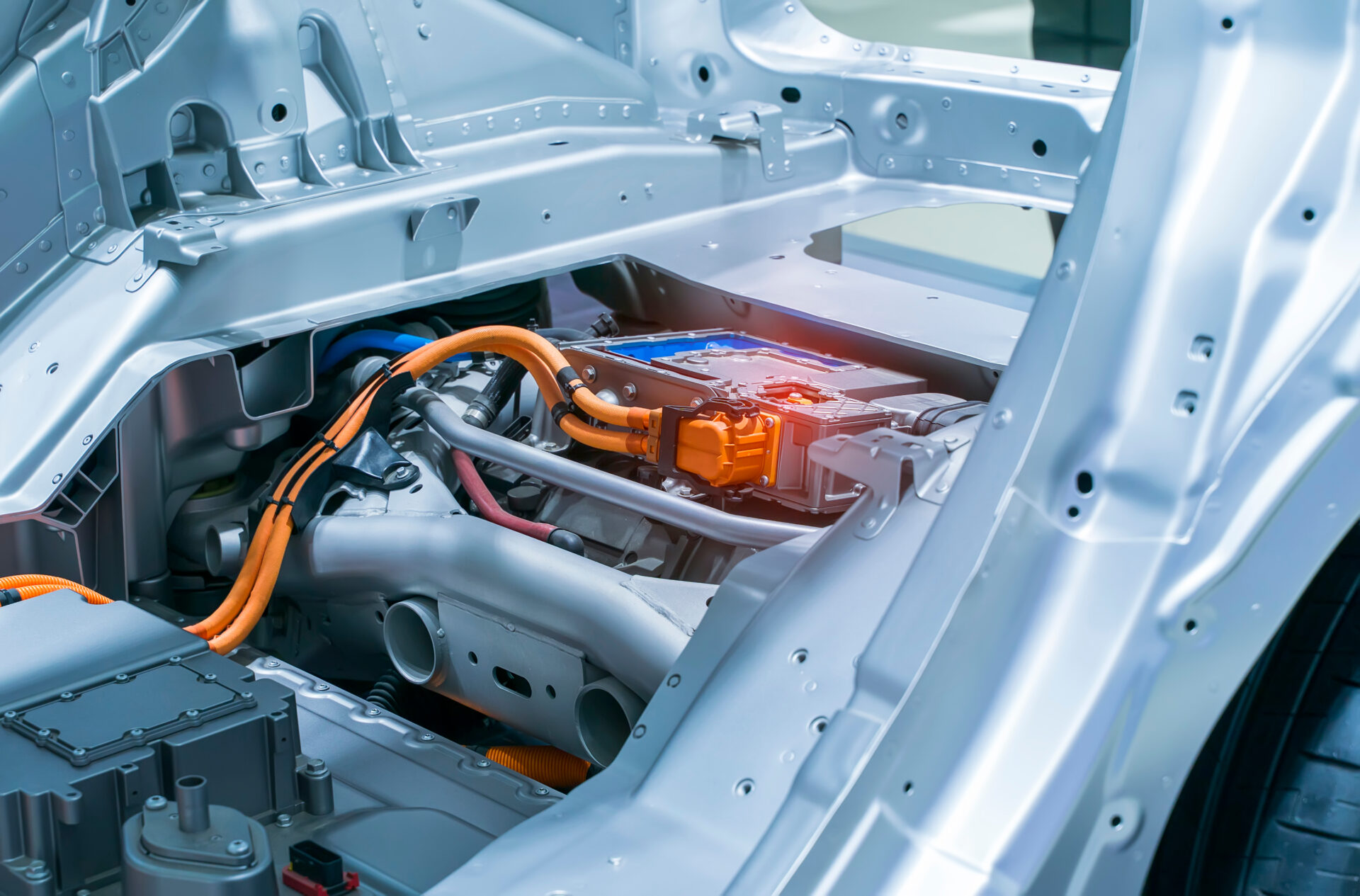Up to 1,000 jobs are set to be created at a new gigafactory in Sunderland, in a £1bn automotive deal to accelerate the transition to electric vehicles and boost growth.
This boost for the British automotive industry comes following yesterday’s US-UK economic deal, which slashed tariffs on British exports.
The new AESC gigafactory will manufacture batteries for electric vehicles, powering up to 100,000 EVs each year – a six-fold increase on the country’s current capacity – in a bid to make the UK globally competitive, selling more British EVs at home and abroad.
The National Wealth Fund and UK Export Finance will provide financial guarantees which unlock £680m in financing from banks including Standard Chartered, HSBC, SMBC Group, Societe Generale and BBVA.
This will cover construction and operation of the new plant.
The remaining £320m has been secured through private financing in addition to new equity provided by AESC.
In addition to this £1bn investment, the Government’s Automotive Transformation Fund is also investing £150m in grant funding.
Chancellor of the Exchequer, Rachel Reeves, said: “We are going further and faster to boost our industries’ resilience and encourage their growth as part of our Plan for Change, and this investment follows hot on the heels of yesterday’s landmark economic deal with the US which will save thousands of jobs in the industry.
“This investment in Sunderland will not only further innovation and accelerate our move to more sustainable transport, but it will also deliver much-needed high quality, well-paid jobs to the North East, putting more money in people’s pockets.”
Business and Trade Secretary, Jonathan Reynolds, said: “We’re backing our world-class car industry, and this investment is yet another vote of confidence in the North East’s thriving auto manufacturing hub which will secure a thousand well-paid jobs and boost prosperity across the region.
“Our modern industrial strategy will drive this growth even further, powering our high-potential sectors like advanced manufacturing so we can deliver jobs and investment in every corner of the UK and make our Plan for Change a reality.”
The Chancellor visited AESC in Sunderland today (Friday 9th May) where she met staff and local leaders to discuss how the investment will bring jobs and prosperity to the North East, and how the landmark economic deal secured with the US will secure the industry for years to come.
The deal slashes car export tariffs from 27.5% to 10% and will apply to a quota of 100,000 UK cars – almost the total exported last year.
This will save some car companies hundreds of millions of pounds, making high skilled jobs in industrial heartlands like Sunderland more secure.
Shoichi Matsumoto, CEO of Japanese headquartered AESC, said: “This investment marks a key milestone in AESC’s ongoing efforts to support the UK’s path towards decarbonisation and the expansion of its EV market.
“Through close collaboration with strategic partners, we strive to accelerate this transition while creating high-quality local jobs and building resilient, sustainable supply chain.
“We are honoured to contribute to the development of low-carbon economy with our advanced battery technologies.”
John Flint, National Wealth Fund CEO, said: “AESC’s gigafactory will not only help to retool our car industry for net zero it will also support jobs, growth, and prosperity in the Northeast.
“This investment further demonstrates the significant role NWF is playing to crowd private capital into the industries and regions where its most needed, boosting government’s growth and clean energy missions.”
UKEF CEO, Tim Reid, said: “This hugely exciting project is a prime example of how export financing is a powerful tool for unlocking growth opportunities for British exporters and strengthening local economies.
“We’re proud to join forces with partners to back this pioneering gigafactory that will help cement the UK’s prowess as an EV battery-making force for years to come.”

















